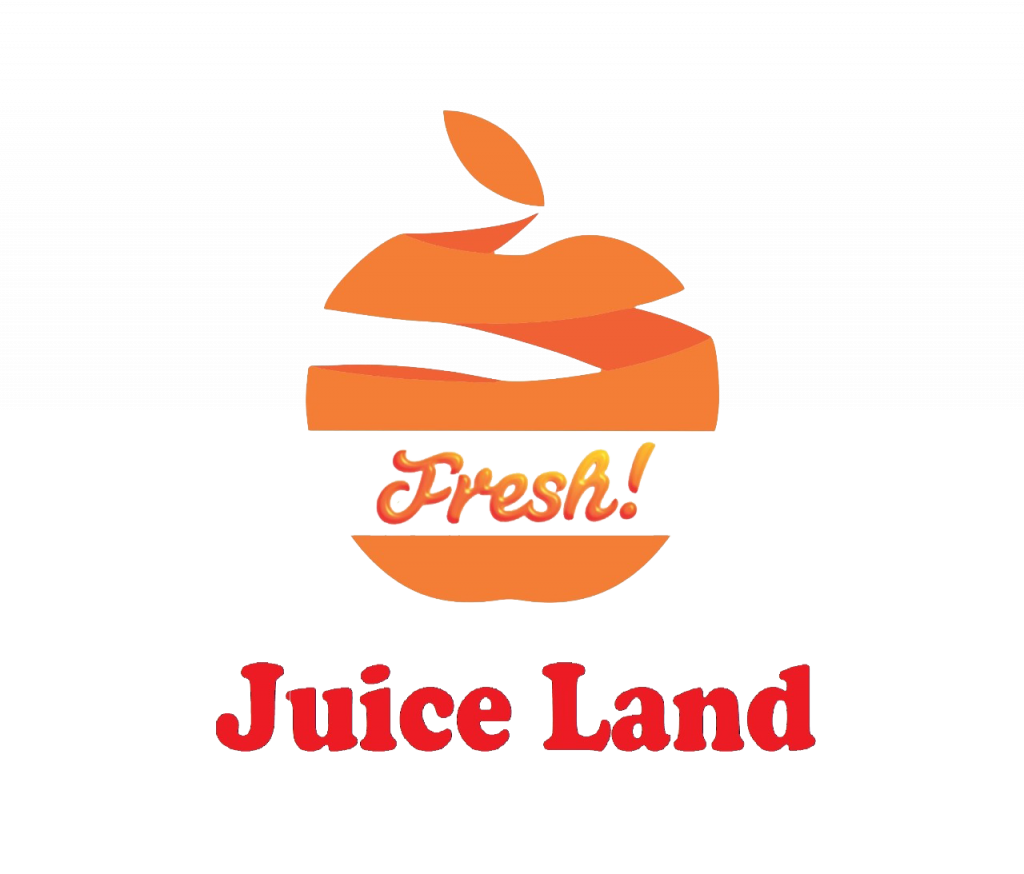No wonder someone from Oman may struggle to understand a visitor from the Maghreb, although each would say he was speaking Arabic with so much flexibility. And in the UAE, a melting pot for dialects from across the region and past, the distinctions may be a lot more frustrating.
One man who was simply fed up with constantly asking or“wait that is hearing just what does that mean?” is Abdullah Arif, a 23-year-old Saudi Arabian graduate surviving in Dubai, who chose to do something about it.

That was summer that is last. In March he set about making things a tad bit more clear for others like him and two weeks ago he launched Mo3jam , one of the web’s many comprehensive user-generated compendiums of slang and colloquial Arabic.
On the day that is first it had 20,000 web page views, 2,000 unique visitors and 300 uploaded definitions.
After having a fortnight, Mo3jam – pronounced mo’jum, the Arabic word for lexicon – has just over 900 definitions, 10 % of which are in English, with intends to expand the English section to include every word that has been uploaded.
Colloquial language within the UAE, while the Peninsula that is arabian in, is steeped in tradition and one of the closest dialects to traditional Arabic, said Dr Fatma al Sayegh, professor of UAE and Gulf history at UAE University.
“The birthplace of Arabic was at the Peninsula. The further we have been through the centre, changes begin coming in.”
Media outlets were contributing to an erosion of classical Arabic, additionally called standard that is modern, she stated. “The media affect us up to a great degree. We now work with a mixture of Emirati, English and Levantine.”
She illustrated a sentence to her point employed by a student, who had said “Ana rayeh adarrap el course” – a mish-mash of Arabic and English that meant the student was going to drop a college class.
This language creep was an affirmation that Arabic had been, like other languages, merely organic. “Language is like an income being,” she said. “It’s just a problem if it obscures our way of life and traditions.” Almost 10,000 terms were included with the Arabic language every she added year.
Mo3jam allows individuals to upload terms in one of eight major dialects that include Egyptian, Saudi, Gulf, Levant and Maghrebi, with sub-dialects such as Emirati, Lebanese and Moroccan.
Users upload a definition in traditional Arabic and, if they want, English or French. They may be able also include pronunciations and instance sentences.
The dearth of comparable online learning resources offered Mr Arif the concept for his website. “You had to dig really deep within the web or ask individuals on forums because of this types of information,” he said.
A graduate running a business management through the American University of Sharjah, he wanted to fill a communication void which he saw amid the multiculturalism of Dubai compared with his home town of Jeddah.
“In Dubai especially, you come across the entire spectrum of Arabs,” he said. Back, their exposure was limited to neighborh d dialects, mainly Hijazi with tips of Egyptian and Levantine from sch l instructors and tv.
The English part of the website currently defaults to the English meaning when it is available. Sound versions of terms is uploaded and expressions are spelt out phonetically to greatly help non-Arabs with pronunciation.
Mr Arif said foreigners were really much part of his market. “I’m an Arab and I also require this kind of service. So you could imagine the full instance for learners of Arabic or expats.”
In Dubai specially, having its “eclectic mix of Arabs along with other expatriates” that is non-Arab he thought something like Mo3jam could show helpful.
“The higher the incidence of misunderstanding, the larger the need for clarifications,” he said.
At first, the internet site supplies a simple, inviting aesthetic. This informality is evident into the title, which is written in “Arabish”, an English transliteration that makes use of numerals to mention letters that are arabic don’t have any equivalents in the Latin alphabet.
Mr Arif said the experience had reinvigorated the language to his connection and culture.
“I rarely utilized standard Arabic online, nevertheless now with Mo3jam, I’m seeing myself typing and making use of Arabic increasingly.”
But Dr al worries that are sayegh Arabic use might be increasingly fragmented.
“This promotes tribalism,” she said, arguing that classical Arabic should be principal. With dialects taking over pop music culture, she felt that classical Arabic, which was common to citizens of this Arab world, must be provided more prominence. “Dialects have taken hold to your extent that individuals require a dictionary to speak with each other,” she said.
But Mr Arif seems the nature that is dual of Arabic language, along with its colloquial and classical components, is itself a staple regarding the tradition. “Arabic has forever been diglossic,” he said.
He added that he had been criticised for accepting some vulgar expressions while he banned offensive words of a profane or racist nature.
